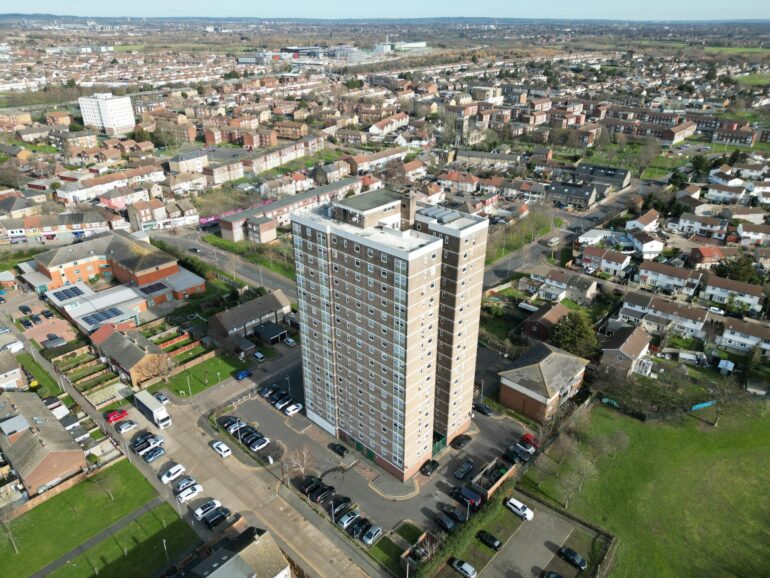A recent analysis by moving platform Getamover.co.uk, utilising Office for National Statistics data, reveals that Barking and Dagenham has experienced the most significant drop in homeownership affordability across England over the past decade. The study examined the house price-to-earnings ratios in various local authorities from 2013 to 2023.
The data shows a general uptrend in housing costs relative to earnings, with the national average home price escalating by £103,000 while wages increased by £7,734. This disparity has pushed the average house price to more than eight times the annual earnings.
Notably, the East Midlands recorded the steepest regional decline in affordability, with a 35.58% increase in the ratio, followed closely by London boroughs such as Hillingdon and Waltham Forest, which also saw substantial affordability drops.
In Barking and Dagenham, the house price-to-earnings ratio skyrocketed by 100.73%, marking the highest increase observed in the study. The average house price in this borough has risen dramatically by £202,500, yet the median annual earnings only saw a modest increase of £2,182.
Other regions like Hillingdon and Waltham Forest are not far behind, with ratios climbing by 85.98% and 70.76% respectively. This trend highlights a growing gap between house prices and earnings, making homeownership increasingly unattainable for many.
David Burrows, head of Getamover.co.uk, commented on the findings: “Approximately 303 local authorities across England have seen house prices rise at a higher rate than wages over the last decade, with the affordability of buying a home falling significantly in four London boroughs.”
He added: “This study shines a spotlight on the areas in which housing affordability is increasingly becoming more of a problem. With house prices falling at the start of 2024, it will be interesting to see whether purchasing a home becomes more of a possibility for aspiring homeowners across England over the next decade.”



